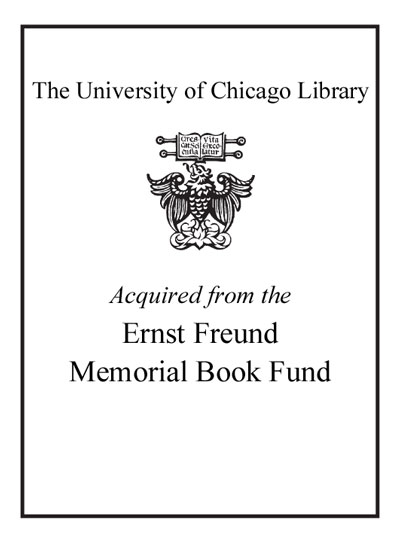Review by Choice Review
Appellate court opinions are traditionally viewed for their significance as precedents that shape the behavior of a variety of actors, both in and out of the legal system. Kahn (Yale Law School) presents a humanist perspective of the judicial opinion as an art form, akin to works of philosophy and music. The book is grounded in the idea that judicial opinions should be read in full and evaluated for their persuasiveness, in the sense that they represent a form of democratic self-governance common to Americans. Kahn seems to have two main audiences: law students and social scientists. The volume presents a compelling case for why law students should read and evaluate opinions in the manner advocated in the book. Kahn is less successful regarding social scientists. Instead of seriously engaging with the large body of social science scholarship that takes judicial opinions seriously, the book is written as if social science approaches to the law and judicial opinions have not changed in decades. Nonetheless, it offers insights on the importance of collaboration between humanist and social science legal scholars. Summing Up: Recommended. Graduate students; faculty. --Paul M. Collins, University of Massachusetts, Amherst
Copyright American Library Association, used with permission.
Review by Choice Review

